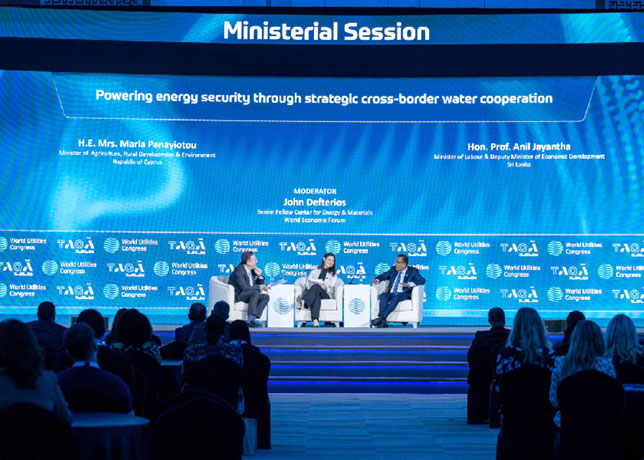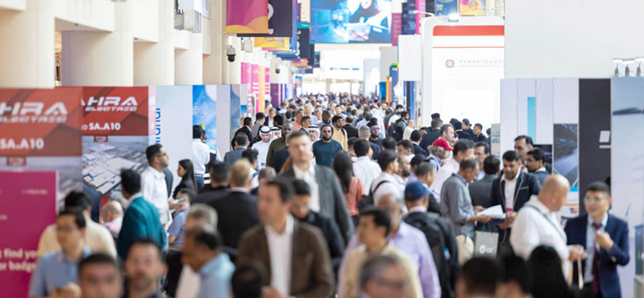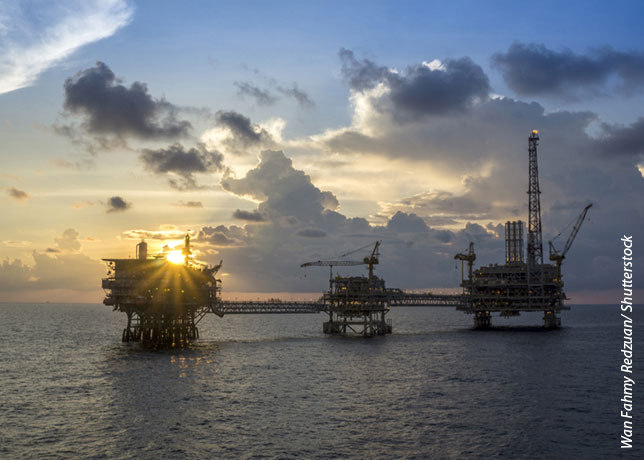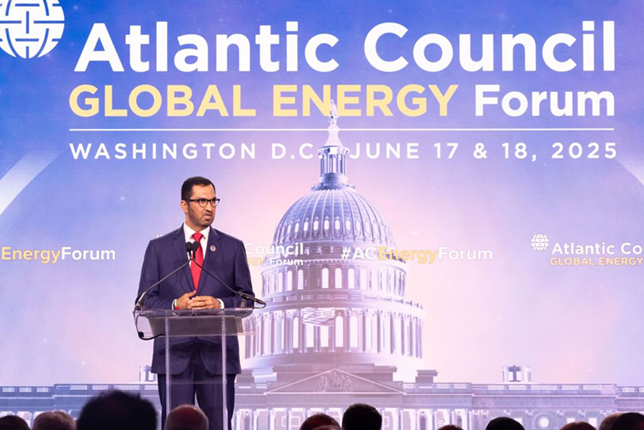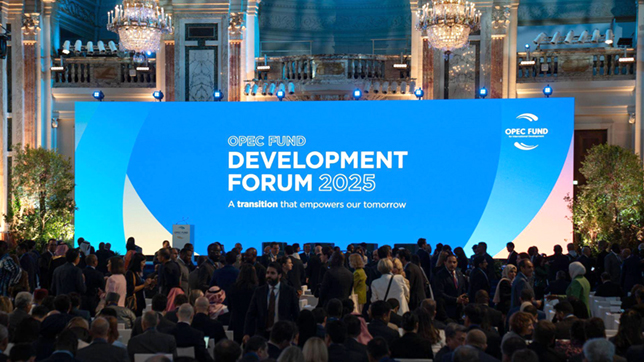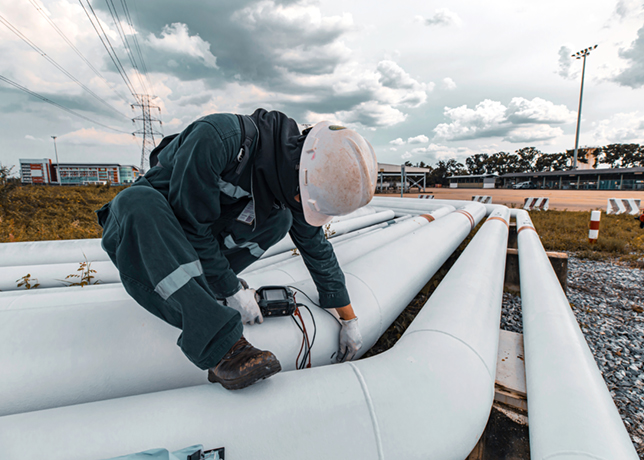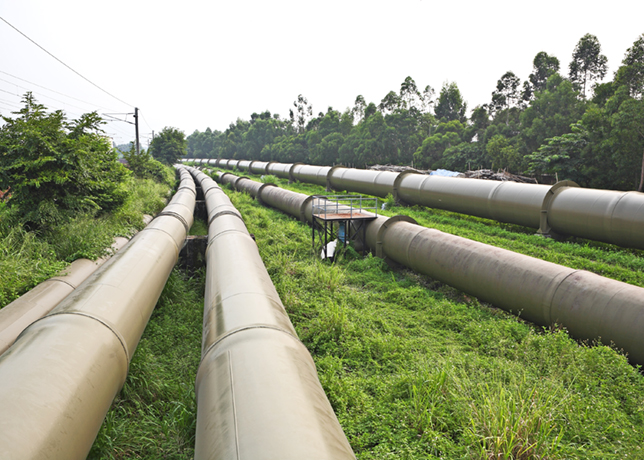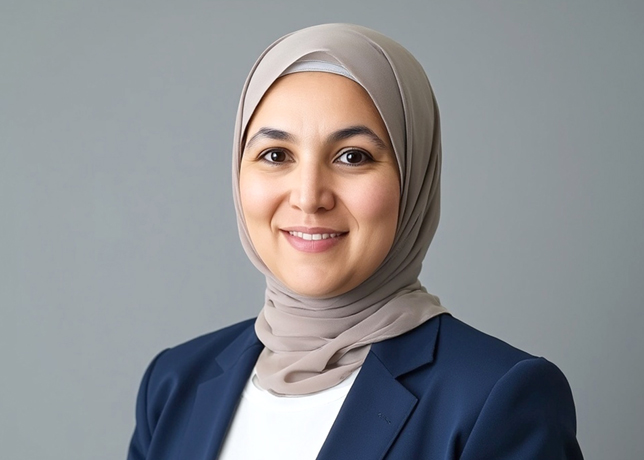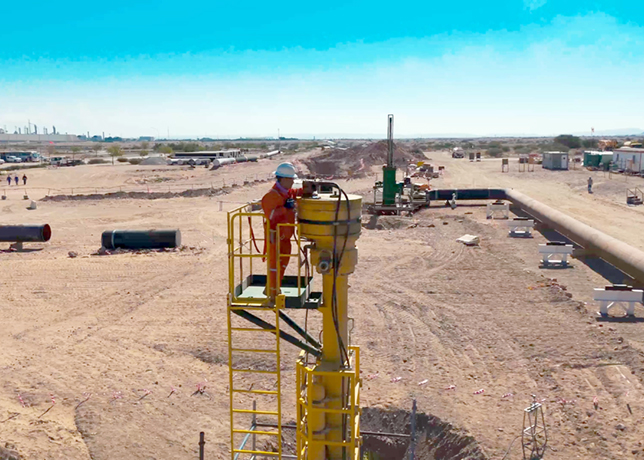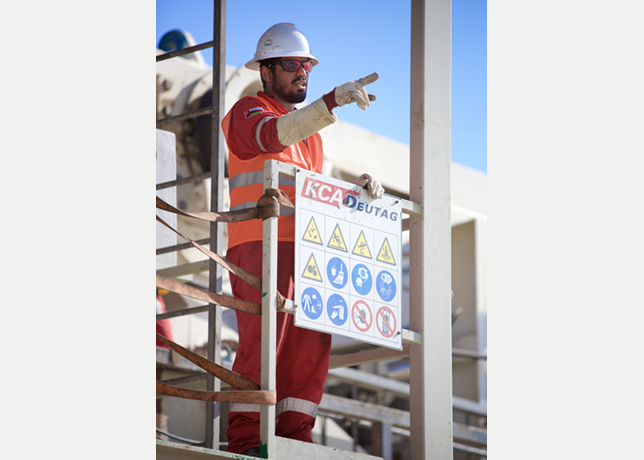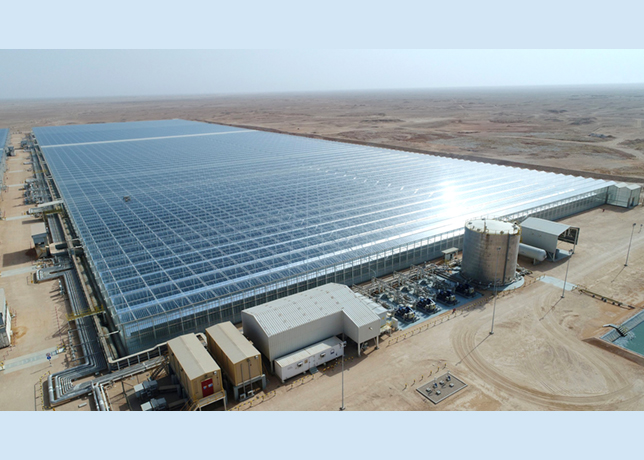

Saudi Aramco continued a tradition of environmental awareness and protection with the first Regional Carbon Management Symposium in Dammam.
The three-day symposium drew an estimated 400 participants, representing more than 100 institutions and companies from 24 countries, all with the common goal of finding ways to meet the growing energy demands of the world while reducing the amount of carbon emissions.
“The current level of man-made carbon emitted worldwide is around seven gigatons per year - over three times that of 1955,” said Engineering Services vice president and symposium chairman Nadhmi A Al-Nasr in his welcoming remarks.
“If society does not introduce new and responsible carbon management practices, that level is set to double again by 2055.”
The foundation of modern society is the internal-combustion engine and the hydrocarbon based fuels that power it, he said.
With all of the benefits this technology has brought to the world, the resulting emissions have become an environmental concern.
Many scientists believe that carbon dioxide created by human activity is the main culprit that traps the earth’s heat within the atmosphere, leading to global warming.
In his address to the attendees, Saudi Aramco President and CEO Abdallah S Jum’ah said, “While scientific debate over the nature and causes of climate change continues, the world’s population is set to grow by about 50 per cent during this century.
“For the foreseeable future, countries will continue to rely upon hydrocarbon-based energy to elevate and sustain the living standards of their people, and to foster economic growth and social development.
“If that is the reality, how can we meet growing energy demand in a manner that is both economically sensible and environmentally responsible, providing petroleum products in a way that lays a firm foundation for today as well as a sustainable tomorrow?
“That, to me, is the crux of the issue and the challenge to be addressed by forums such as this,” Jum’ah said.
Although many alternative energy sources exist, none has been developed sufficiently to replace hydrocarbons and the vast infrastructure that delivers them to the world.
The conference attracted guests who believe there is no need to sacrifice the environment for economic growth and modern development. The challenge is to have both.
“I believe that technology development will play a pivotal role in finding realistic and credible ways to deal with the carbon issue as well as supplying clean hydrocarbon-based energy,” Jum’ah said.
In fact, Saudi Aramco is exploring those technologies. Laboratory studies and reservoir modeling are testing the feasibility of injecting carbon dioxide into oilfields such as Ghawar.
Preliminary results indicate that the process may lead to enhanced oil and gas recovery rates by as much as 10 per cent to 15 per cent beyond conventional water injection.
The CO2 would be captured mostly from power and desalination plants, as well as boilers from gas plants and oxidiser stacks from sulphur recovery units.
The company also is participating in programmes designed to increase combustion efficiency, reduce overall carbon emissions and enhance carbon management practices.










